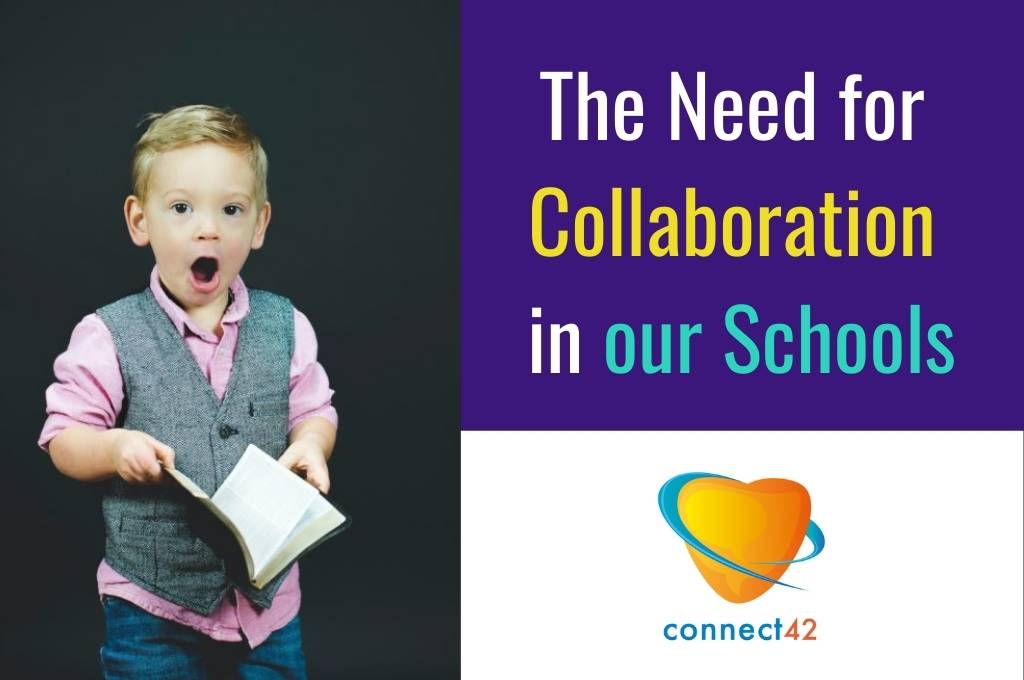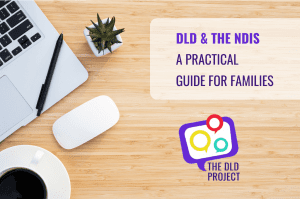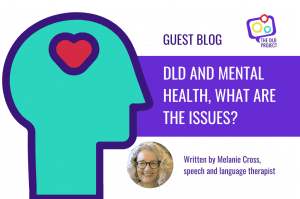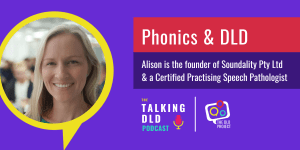Shaun Ziegenfusz, Co-Founder of The DLD Project, was invited by Connect42 in Tasmania to write this article for the Colleagues @ The Heart of Literacy initiative which this year is focusing on DLD. Find out more at connect42.org. #100PercentLiteracy.
What is DLD?
Have you ever travelled to another country where you didn’t speak the language? Do you remember feeling frustrated when simple tasks, such as ordering a coffee or asking for directions, required more effort and lead to communication breaks down? This is a daily experience for people with Developmental Language Disorder or DLD.
Despite affecting two children in the average classroom, very few Australians have heard of DLD. This is particularly shocking when you consider approximately 35,000 Tasmanians have DLD and may not realise it. DLD is often called an invisible disability, because the challenges hide in plain sight. You can’t tell by looking at a person with DLD that they struggle to communicate. Sometimes DLD can even masquerade as other difficulties, such as struggling to read or challenging behaviour.
Teaching and Speech Pathology - A Perfect Partnership
The ability to communicate is critical for succeeding at school, which explains why students with DLD are at significant risk of academic failure. I’ve been fortunate to work with students with DLD in schools for the past decade as a speech pathologist. However, I desired a more complete understanding of the curriculum and classroom practises, so went back to university to complete a Master of Special Education. I have vivid memories of an early assignment during this course where I needed to compare terminology between teaching and speech pathology. I spent a great deal of time grappling with the term ‘pedagogy’ and how this melded with my current speech pathology practices. The two professions have developed primarily in isolation, but share many common and complementary values. Given the academic difficulties students with DLD face, they are the perfect partnership to help students with DLD thrive.
Collaboration in Schools is Critical
In my experience as a speech pathologist, educator and manager, working collaboratively in schools is critical for the success of students with DLD, but requires intentional thought and planning. Teachers have demanding jobs. They provide high quality, individualised educational opportunities, but have limited flexibility in their day. Speech pathologists in schools often have large caseloads and work across multiple classrooms and schools. Both professions want to collaborate, but planned and protected time needs to be in place for this to happen. When this occurs, it is key to remember the skills each profession brings to the table. Teachers are undoubtedly the experts in delivering the curriculum in a classroom setting, while speech pathologists have expertise in literacy and language development. Their powers combined can and do lead to extraordinary outcomes for students with DLD. All policy makers, education leaders and principals need to do is bring them together. This point can extend to many other members of a multidisciplinary team, including psychologists, occupational therapists, physiotherapists etc.
Research supports parent and student involvement
My PhD research focuses on what teachers and speech pathologists can achieve when they collaborate to support students with DLD. It also introduces the pivotal role of parents and students with DLD to the team. Families often tell me they feel the relationship with their child’s school needs improvement. Students with DLD have also said they feel invisible in these conversations, despite understanding what is being discussed about their learning and future. Together, teachers, speech pathologists, parents and students with DLD, have specific roles and potentially different perspectives on the needs and necessary supports for school. My research aims to better understand the educational needs of students with DLD to inform practices within schools. Many individuals have responsibilities in supporting this process and it can best be achieved through collaboration and valuing each other’s unique perspective.
The DLD Project connects Australians to information, resources and training
At the start of my journey into the world of DLD, I would describe myself as an ‘enthusiastic amateur’. I was constantly seeking out new information to cobble together what I understood to be the best evidence based practices. There wasn’t an Australian organisation or website I could turn to for support. In order to help other people seeking support, my colleague Natalie Turner and I have co-founded The DLD Project in 2020. We provide evidence based information, resources and training for families, educators and therapists who empower people with DLD. Extensive and evolving research tells us what works best for people with DLD, but unfortunately these learnings and insights sit in the hands of a few. We break down these barriers with free and paid tools to support the Australian DLD community.
Together we can create a world where people with DLD are recognised, understood and empowered to live their best life. By collaborating we can support the learning needs of students with DLD and open a world of possibilities.
About Connect42
Connect42 is a purpose driven not-for-profit organisation that works with people to build their communication skills so they can live whole lives in connection with others.
They do this by working one-on-one and in groups, in prisons, and in community with families, children, with people experiencing homelessness and other disadvantage, and people with disability, as well as the broader community.
Through their work they create connection through language, literacy and love. Find out more about Connect 42 here.
Thank you Connect42 for the opportunity to contribute this article.
About the Author
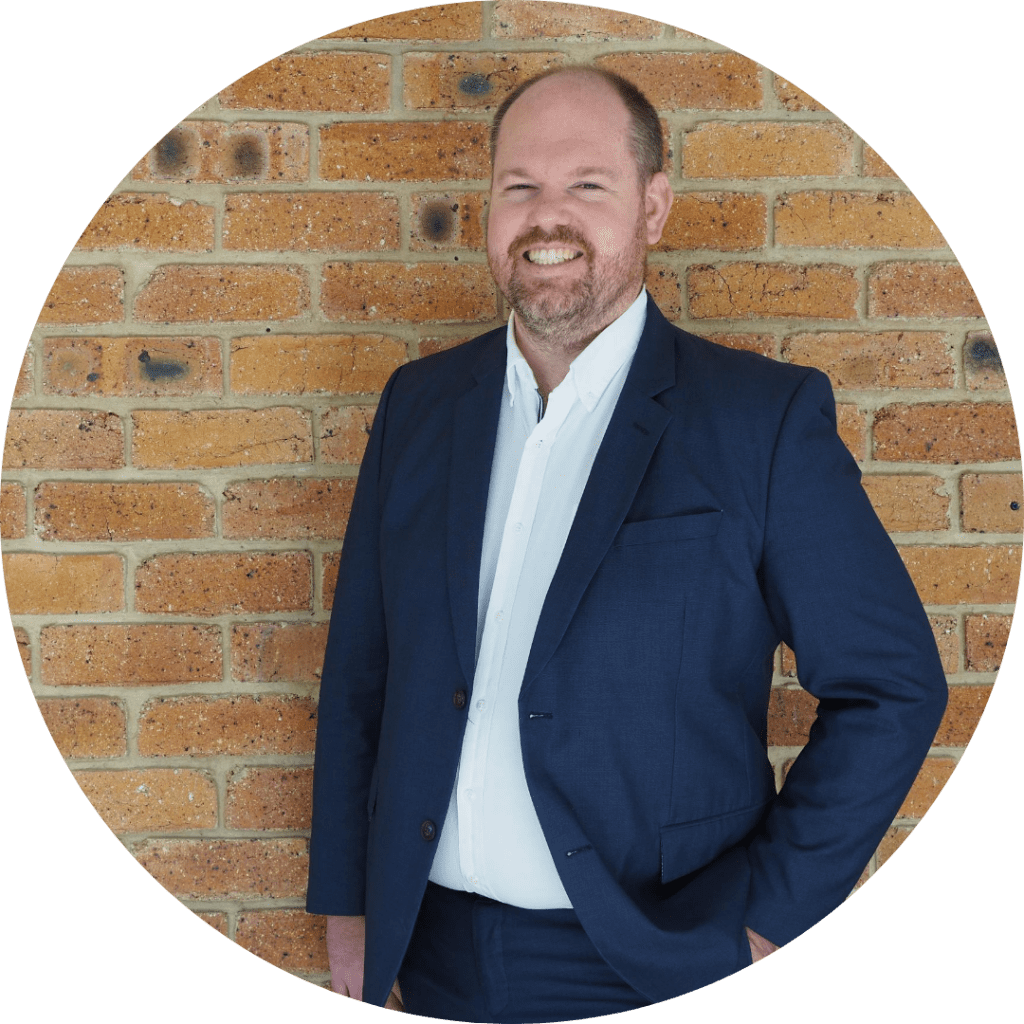
Shaun Ziegenfusz is the Co-Founder of The DLD Project, a speech pathologist and researcher with more than 10 years’ experience working with people with DLD and their families. He currently works in private practice and collaboratively with schools to provide assessment and intervention pathways.
Shaun is also a Doctor of Philosophy (PhD) candidate at Griffith University where he researches the needs and necessary supports for school-aged students with DLD from the perspective of key stakeholders, as well as being a volunteer member of the Raising Awareness of Developmental Language Disorder (RADLD) International Committee. Shaun is passionate about blending clinical experience and research to support students, families, professionals and schools.

